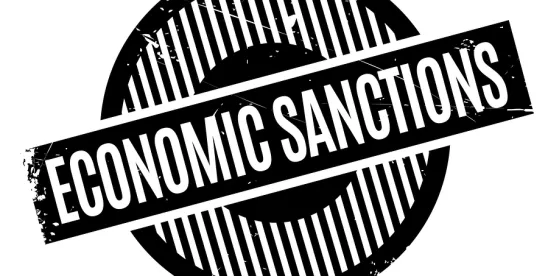To help the Syrian people achieve a peaceful and inclusive political transition, to aid the swift economic recovery and reconstruction of the country and to facilitate its eventual reincorporation into the global financial system, the EU has suspended with immediate effect a number of sanctions and restrictive measures that had targeted key sectors of the Syrian economy, including its banking, energy and transport sectors.
The five specific actions that EU foreign ministers took following a meeting yesterday in Brussels are as follows:
- Suspending sectoral measures in the energy (oil, gas and electricity) and transport sectors
- Removing five entities (Agricultural Cooperative Bank, Industrial Bank, Popular Credit Bank, Saving Bank and Syrian Arab Airlines) from the list of those subject to asset freezes, and allowing financial resources to be made available to the Syrian Central Bank
- Introducing exemptions to the prohibition on banking relations between Syrian banks and financial institutions in EU member states to permit transactions related to the energy and transport sectors, as well as those necessary for reconstruction purposes
- Extending the existing exemption for transactions for humanitarian purpose indefinitely
- Introducing an exemption to the prohibition on the export of luxury goods to Syria for personal usage
The European Council announced that it will continuously monitor the situation in Syria to assess whether the suspensions remain appropriate, and/or whether further sanctions could be suspended.
While many commentators will champion the deferral of sweeping sectoral sanctions because of the unintended negative consequences that they can have, such as impeding economic stability and denying the ordinary person access to essential services such as electricity, water, healthcare and education, the EU has seen fit to maintain other important sanctions and restrictive measures that were imposed during the previous regime, including those related to:
- Arms trafficking
- Chemical weapons
- Dual-use goods
- Equipment misused for internal repression
- Narcotics smuggling
- Software misused for interception and surveillance
- Trade of Syrian cultural heritage items.
The EU’s stated goal when it enacted these sanctions was to protect the civilian population from the previous regime. Under new leadership, Syria now has the opportunity to earn a wind-down of all remaining sanctions and restrictive measures, and for its war-torn economy to benefit from resurgent EU-Syria economic relations and trade flows.







 />i
/>i
